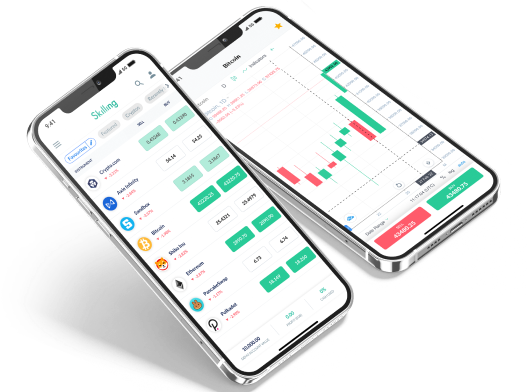
What is macroeconomics?
Ever wondered how the economy of a whole country works? That’s where macroeconomics comes in. Macroeconomics is the study of the economy as a whole, looking at big-picture factors like national income, inflation, unemployment, and economic growth. It helps us understand how different parts of the economy are connected and how policies can impact the overall health of the economy. By studying macroeconomics, we can make sense of things like why prices go up, why people might lose their jobs, and how governments try to keep the economy stable.

What is the importance of macroeconomics?
- Economic health: By studying macroeconomics, we can see how well the economy is doing. It helps us track things like growth, unemployment, and inflation.
- Government policies: Macroeconomics guides governments in making policies that can improve the economy. For example, it helps decide when to cut taxes or increase spending to boost growth.
- Predicting trends: It helps predict economic trends and future challenges, allowing us to prepare and avoid economic problems.
- Global understanding: Understanding macroeconomics helps us see how different countries’ economies interact, which is important in our globalized world.
- Business planning: Businesses use macroeconomics to make decisions about investments, hiring, and pricing.
Macroeconomics vs. microeconomics: difference
While macroeconomics looks at the economy on a large scale as we've seen, microeconomics focuses on the smaller, individual parts. Microeconomics looks at individual parts of the economy. It focuses on how individual consumers and businesses make decisions. This includes studying how people decide what to buy, how much to save, or how businesses determine their prices and production levels. Microeconomists analyze supply and demand which helps explain how prices are set in markets for goods and services. For example, microeconomics helps us understand why the price of a specific product might increase if there is high demand and low supply.
Experience Skilling's award-winning platform
Try out any of Skilling’s trading platforms on the device of your choice across web, android or iOS.

What are the main macroeconomic indicators?
- Gross Domestic Product (GDP): This measures the total value of all goods and services produced in a country. A growing GDP means the economy is doing well.
- Unemployment rate: This shows the percentage of people who are looking for jobs but can't find one. A high unemployment rate means many people are out of work, which can indicate economic problems.
- Inflation rate: This measures how much prices for goods and services are increasing over time. Moderate inflation is normal, but high inflation means prices are rising too fast, making things more expensive.
- Interest rates: Set by a country’s central bank, interest rates affect how much it costs to borrow money. Lower interest rates make borrowing cheaper, encouraging spending and investment, while higher rates do the opposite.
- Trade balance: This is the difference between a country’s exports (goods sold to other countries) and imports (goods bought from other countries). A positive trade balance means a country exports more than it imports.
- Consumer Confidence Index: This measures how optimistic or pessimistic consumers are about the economy. Higher confidence means people are more likely to spend money, boosting the economy.
Summary
As you've seen, macroeconomics helps us see how well an economy is performing and guides policymakers in making decisions that impact everyone. By studying macroeconomics, we gain insights into how government policies, global events, and consumer confidence affect economic stability and growth.
Are you a Skilling client yet? Skilling is a reputable and multi-award winning CFD broker allowing you to trade over 1200 global financial instruments such as Stocks, Forex, Cryptocurrencies like Bitcoin & Ethereum, commodities, soft commodities, and indices. A reminder that past performance is not indicative of future results. Open a free Skilling account today and enjoy low spreads on trades.











